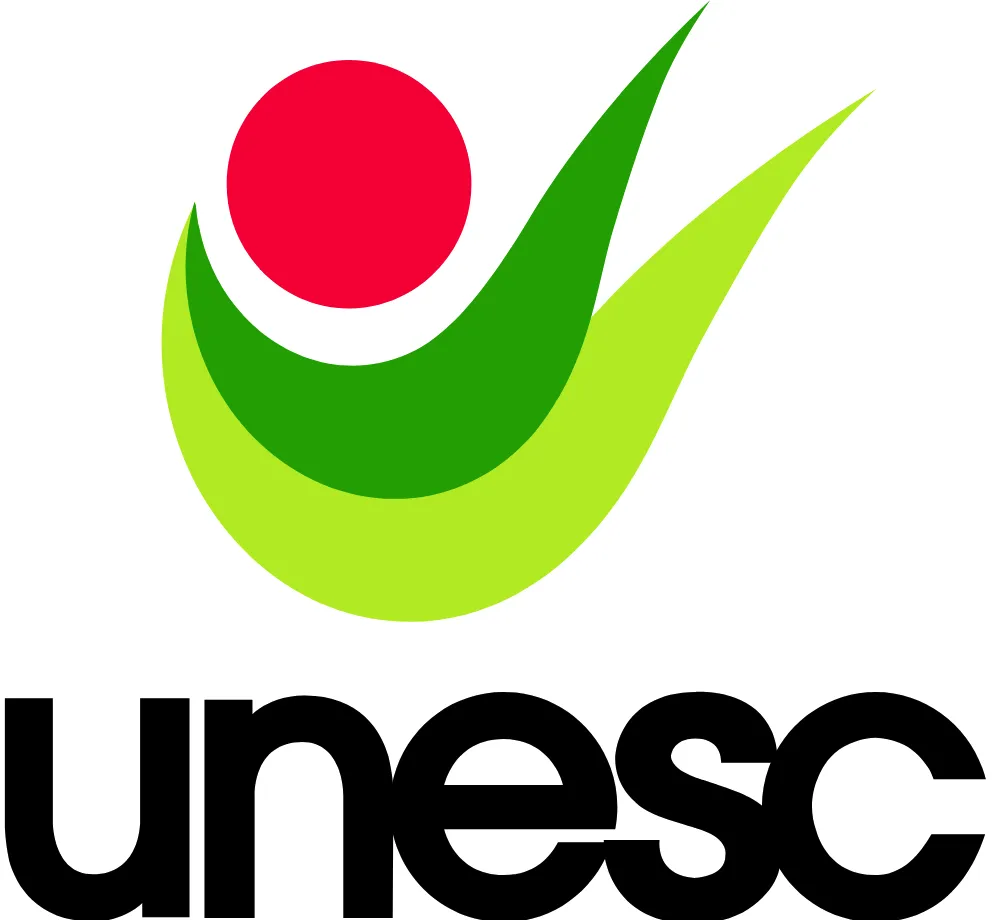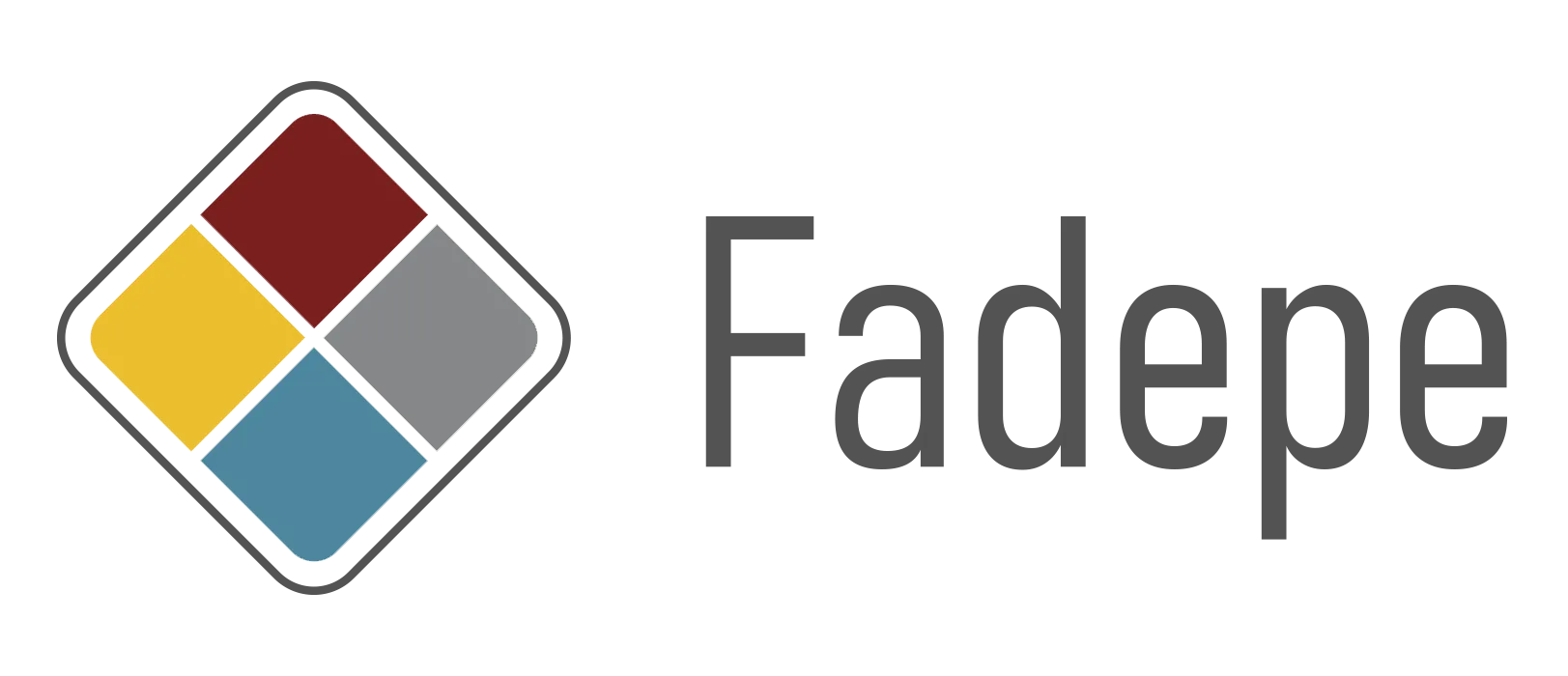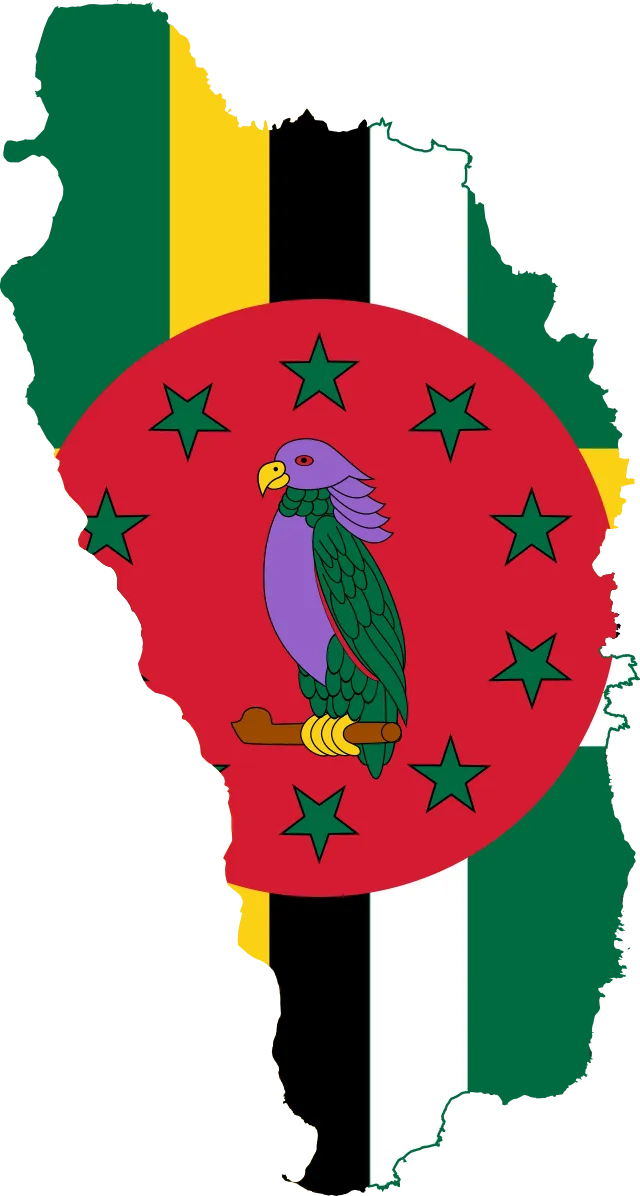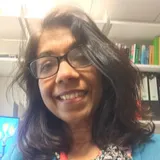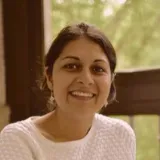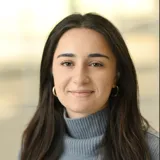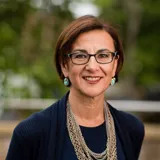IMPACT: Implementation of a multisectoral programme to improve Indigenous adolescent mental health in Brazil and Dominica
The Latin America and Caribbean (LAC) region includes many low- and middle-income countries (LMICs) with fragile economic and health systems and is home to ~55 million Indigenous people, representing ~9% of global Indigenous peoples. There are concerns over high rates of substance use and suicides among Indigenous youths, and that deforestation, climate-related disasters and the disproportionate impact of COVID-19 have exacerbated mental health problems.
We previously reported that Indigenous stakeholders feel that multisectoral programmes are feasible priority actions for a holistic mental health (MH) promotion that integrates Indigenous worldviews and strengthens the response of Indigenous schools and health systems to adolescent mental health needs.
We will evaluate the implementation of a programme that connects schools, health, and community systems to promote good adolescent MH and that is committed to Indigenous worldview perspectives and collaborative methodologies that enable authorial Indigenous production of knowledge.
There are two components of our programme: a mental health promotion programme, aiming at improving awareness of the importance of maintaining good MH, preventing, and treating MH problems among adolescents, and a mental health care programme, supported by trained ICHWs, aiming at identifying and managing common adolescent mental health problems.
Aims
- To engage Indigenous community stakeholders, including Indigenous adolescents, teachers, community health workers (ICHWs), nurses, social workers, village leaders, community champions, and policy actors in a collaborative process to maximise the effectiveness of a culturally adapted evidence-based adolescent mental health (MH) programme;
- To build the capacity of Indigenous community stakeholders to promote culturally adapted MH messages to raise awareness of the importance of good MH, prevention, and treatment; and teachers, social workers, ICHWs and primary health care (PHC) nurses to identify and manage common adolescent MH problems, using culturally adapted WHO mental health Gap Action Programme – Implementation Guide (mhGAP-IG);
- To understand how the Indigenous contexts influence implementation strategies and outcomes;
- To disseminate findings at community, national, regional and policy levels in collaboration with Indigenous adolescents and older youths.
Methods
Our study includes 4 Work Packages (WP):
WP1 - Partnership and co-development: establish an Indigenous Adolescent Stakeholder Group (ASG) and a Stakeholder Implementation Group (SIG) at each site; co-develop culturally adapted evidence-based positive messages to be promoted during school and village activities; co-adapt the WHO’s Mental Health Gap Action Plan – Intervention Guides (mhGAP-IG) integrating culturally centred knowledge and customs.
WP2 - Training implementors: train teachers, Indigenous community health workers (ICHWs) and community champions to embed the MH promotion messages, co-developed in
WP1, in community activities; use the adapted mhGAP-IG to train ICHWs and primary health care (PHC) practitioners to identify and manage common adolescent MH problems.
WP3 - Programme evaluation: include ~1400 pupils aged 10-18 yrs in schools, local community clubs and PHC Centres and conduct mixed-method case studies to gain in-depth understanding of context and linkages affecting processes and outcomes (including MH, risk behaviours, general health); conduct site-specific programme economic evaluations.
WP4 - Knowledge exchange and impact: support Indigenous adolescents to contribute to multi-media dissemination; support ASG and SIG on using findings for strengthening the responsiveness of their schools and PHC.
We focus on the prevention of MH disorders at a critical stage of the life course among Indigenous adolescents. Addressing health equity is also key . Nowhere is this more pertinent than for Indigenous adolescents who face the challenge of a legacy of social injustices and poor health. We are deeply aware that there has been a historic imposition of western-based research agendas on Indigenous communities. Our participatory methodologies and knowledge co-production are based on Indigenous worldviews. Longstanding partnerships between our research team and Indigenous communities allow us to explore an ambitious programme that spans education, health and community sectors.
Our Partners
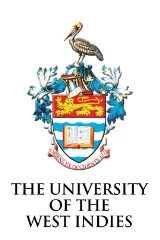
University of the West Indies
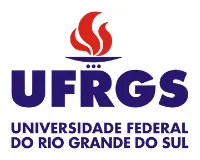
Federal University of Rio Grande do Sul

University of Mato Grosso do Sul

Dominica Ministry of Health
Principal Investigator
Investigators
Affiliations
Project websites
Funding
Funding Body: Medical Research Council
Amount: £1.2 million
Period: July 2023 - July 2026



